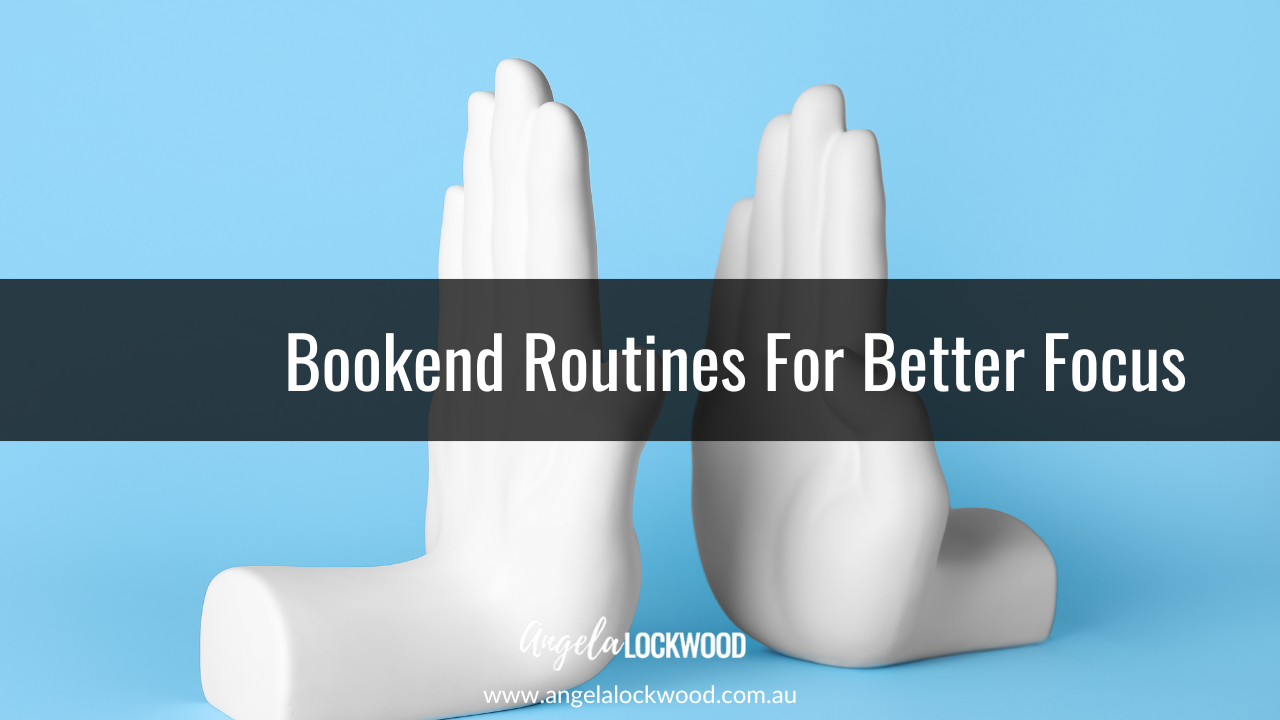Encouraging participation in sports carnivals for the reluctant student
Nov 16, 2021
I recently interviewed for my podcast A Kid’s Life, primary school teacher and founder of Fit Groms, Celia Mulder. During this episode, we discussed the importance of girls adopting positive health habits from an early age and how sport allows young people to build social relationships through their shared interests.
One of the topics we discussed was whether as teachers, coaches and parents, we should encourage kids to participate in physical endeavours like school sports carnivals or let them sit it out.
Through the work that I do in schools in helping build inclusive school practices, I see kids all the time who really struggle with sports lessons and school sports days. I've recently written an article about helping teachers make their sports lessons more inclusive. As a lover of sports and as a child, a high-level representative athlete, the swimming or athletics carnivals were the days I was in my element. So, it takes me aback when I see a child who does not want to participate and either sits out or doesn’t show up at all. But now I see for many kids, sports causes anxiety for a range of reasons of which I posted recently shown in the image below.

Looking further into the reasons why children choose to opt-out of sports days, I have come to realise that participation is the best teacher. By a child not showing up at a sports carnival or sitting out of a sports lesson, they are missing out on more than the physical elements of the sport. Sports carnivals are so much more than the race. They act as a way to:
- Build school community.
- Encourage participation through being a support for each other.
- Getting to appreciate the diverse range of skills in kids.
- Injecting a sense of fun and comraderies that may not be developed during the normal school day.
- Teaches important skills around winning and losing which builds valuable skills faced in all areas of life. Despite what we hope for our kids in life, not everyone wins all the time.
- Allows for children to practice their skills and have models alongside them in their peers.
The sensory cacophony of these events is not overlooked nor is the pressure these events can often impose. Also, kids get nervous no matter their skill level. It is ok for a child to be nervous. This can be an important teachable moment about building emotional literacy and regulation skills to work through the feeling of nervousness. Harnessed well, the understanding of the purpose of nerves can enhance significant growth in a child and a deeper awareness of self.
As my podcast guest Primary School Teacher, Celia Mulder expressed: “Not everyone's a go-getter and not everyone's going to be, at the starting line ready to go with grunt and determination. We've got those beautiful people in our lives that are quiet and inquisitive. So, it's really important that we value those kids for who they are, but also support them. Say it's okay, or run with them, or get the older kids to be their peer support. Through this, they develop confidence and know they have people on their side.”
In addition to this, I asked Celia her thoughts on allowing children to not participate which I am seeing a lot. This was her response. “Life's not easy and life is all about ups and downs. If we just let kids opt out when things are a little hard, we're not going to give them the best opportunity to be the best people of who they are.”
If you have a student who is reluctant to participate, there can be a range of reasons as mentioned earlier. However, to support their participation:
- Focus on their contribution to the team.
- Meet them at their skill level and build from there.
- Highlight the other fun aspects that are beyond the area they may be nervous about. It may be their physical skills they are worried about or wearing swimmers in front of their peers or even the loudness of the chanting in the grandstands. Focusing on the other aspects will help them broaden their focus.
- Being present and cheering their team on.
- Set them up for success. If it is the noise that is worrying them, allow them to wear headphones or earbuds. If it is the lack of structure, give them a helper job for the day. If it is the fear of not being good enough, they can be the support for others or younger students. There are so many ways to set a student up for success.
It is important to instill in our children that sports days are a part of the normal school day. I see many times children who are given the choice to participate or not and then this ripples across to all aspects of their school day. If they do not like writing, they opt out of writing. If they do not like reading or find it hard, they opt out of reading. The important message is this:
Encourage participation and contribution to their team and classmates and then put strategies in place that will set them up for success.
*Note: You may also be interested in how to make sports lessons inclusive. Read here: Making sports lessons inclusive.






